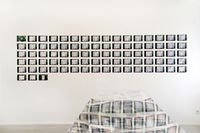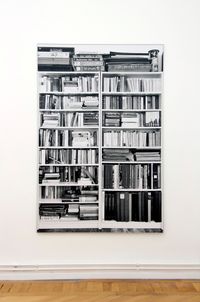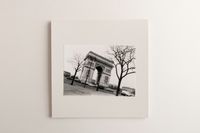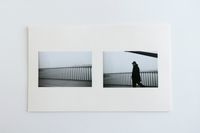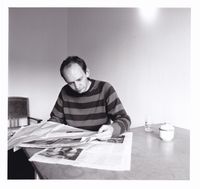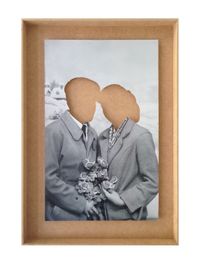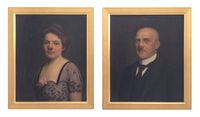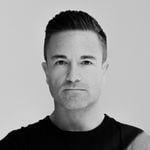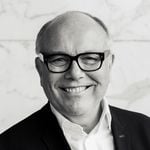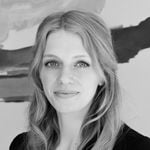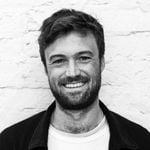Hans-Peter Feldmann's conceptual practice explores various mediums from photography to painting, and can be characterised by a process of collecting, altering and re-interpreting. He often uses humour, subtle intervention and sometimes repetition to reinterpret found images and objects, thereby reflecting on representation and the construction of ideologies. In One Pound Strawberries (2005) Feldmann photographed the 34 strawberries that together make one pound revealing the individuals that make the collective. In 2008, he released a book called Album which serves as an archive of commercial imagery, with his own photographs occasionally added in. Pinup girls, fish, crime scenes, canned food, footballers and lynchings are all brought to live side by side in the same book. In this democratisation of imagery, Feldmann emphasises photography's power to record, manipulate and selectively curate history and vision.
Read MoreOften referencing art history, Feldmann has created numerous works in which he appropriates or uses existing artworks and alters them. In his exhibition, Paintings, at Louisiana Museum of Modern Art (17 March–31 May 2015), the artist made minor changes to existing paintings that had been painted by other artists. In two portraits, clown noses were painted onto the austere faces of a man and a woman. In another painting, a black censorship bar covers the eyes of a nude woman as well as the eyes of her swan. These changes allow the viewer to come to a complete reinterpretation of the original painting. In doing so, the ideologies at play in traditional art are simultaneously emphasised and rewired.
In 1980, Feldmann destroyed all of his artworks still in his possession and went into early retirement. Ten years later he returned to his practice and in 2010 he won the prestigious Hugo Boss Prize. His work has been exhibited at institutions such as the Walker Art Center, Minneapolis; Palais de Tokyo, Paris; and the Solomon R Guggenheim Museum, New York. His work has also been acquired by many collections, including the Hirschhorn Museum, Washington, DC; The Museum of Modern Art, New York; and Tate, London.
Feldmann lives and works in Düsseldorf.
Casey Carsel | Ocula | 2018
